
What are the key concerns around artificial intelligence and the right to privacy?
In its submission to the UN report on AI and the right to privacy, Privacy International highlights concerns about facial recognition technology and argues for effective laws accompanied by safeguards to ensure AI applications comply with human rights.
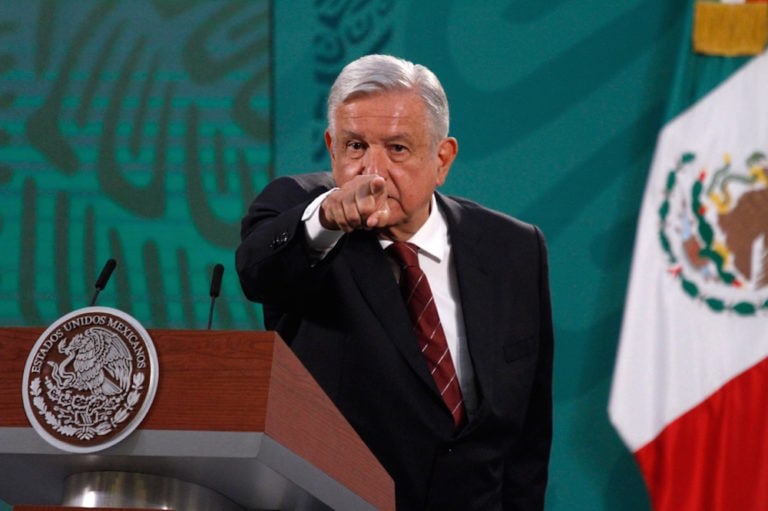
Critical voices attacked, no excuse for online abuse, and privacy in the Americas
March 2021 in the Americas: A free expression round up produced by IFEX’s Regional Editor Paula Martins, based on IFEX member reports and news from the region.
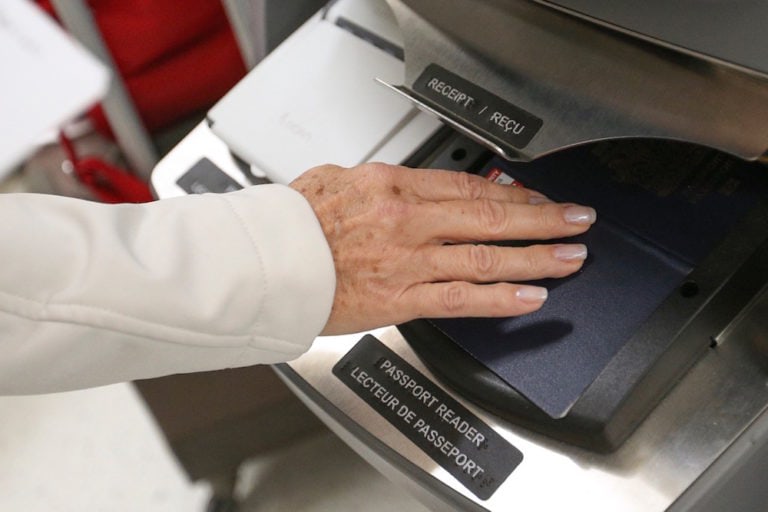
Survey results: The Privacy Act in Canada
The OpenMedia community rallied together to make their voices heard about the importance of privacy protections in the public sector.
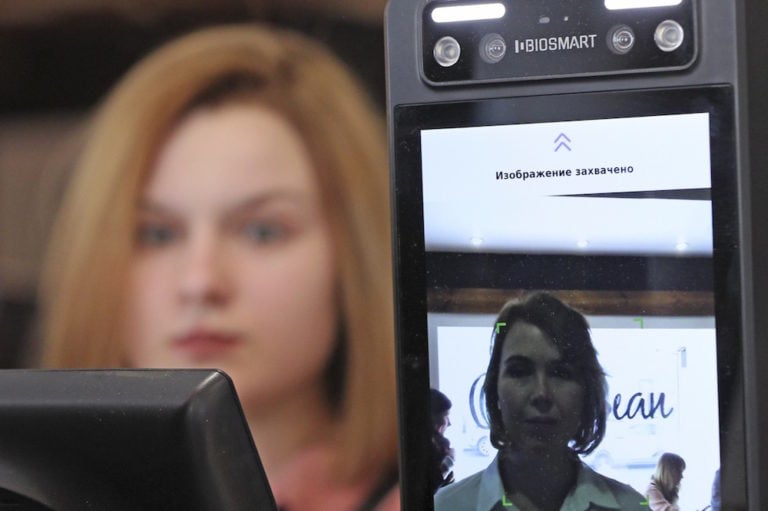
Why EFF doesn’t support bans on private use of face recognition
Instead of a prohibition on private use, EFF supports strict laws to ensure that each of us is empowered to choose if and by whom our faceprints may be collected.
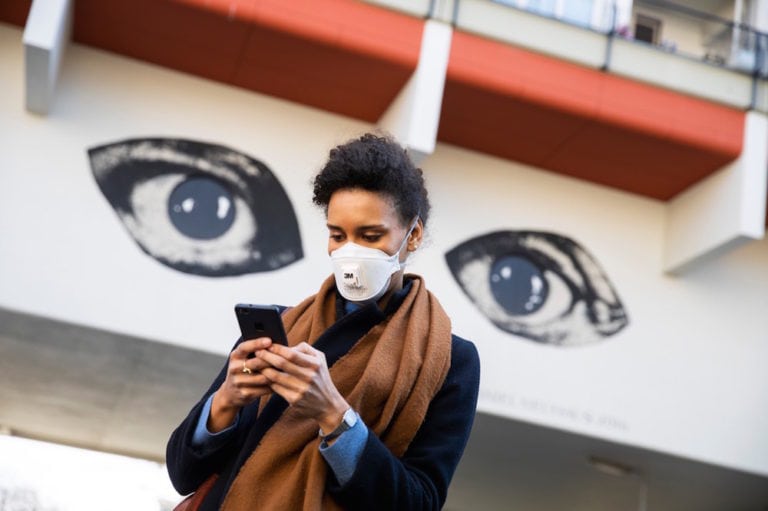
New report by Freedom House shows internet freedom continuing to decline
“The coronavirus pandemic is accelerating a dramatic decline in global internet freedom. For the 10th consecutive year, users have experienced an overall deterioration in their rights, and the phenomenon is contributing to a broader crisis for democracy worldwide.”

Social media platforms are removing war crimes evidence
Social media platforms are taking down online content they consider terrorist, violently extremist, or hateful in a way that prevents its potential use to investigate serious crimes, including war crimes.
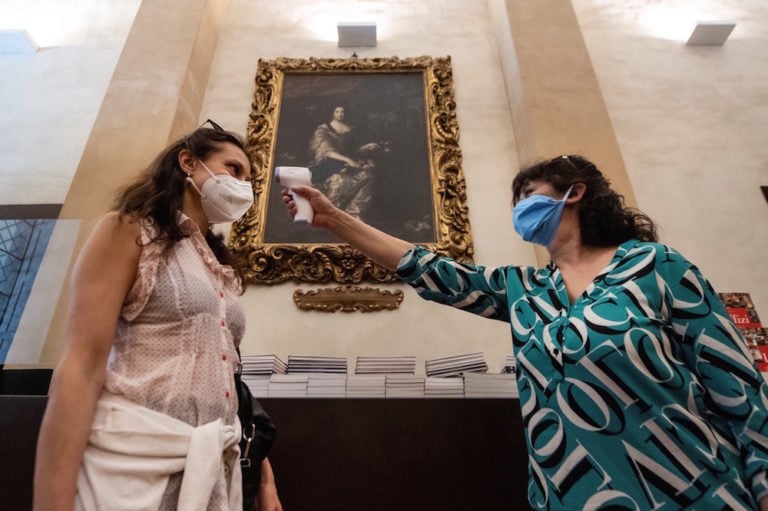
CPJ Safety Advisory: Covering the coronavirus outbreak
Journalists who are planning to cover the COVID-19 outbreak should consider this safety information.
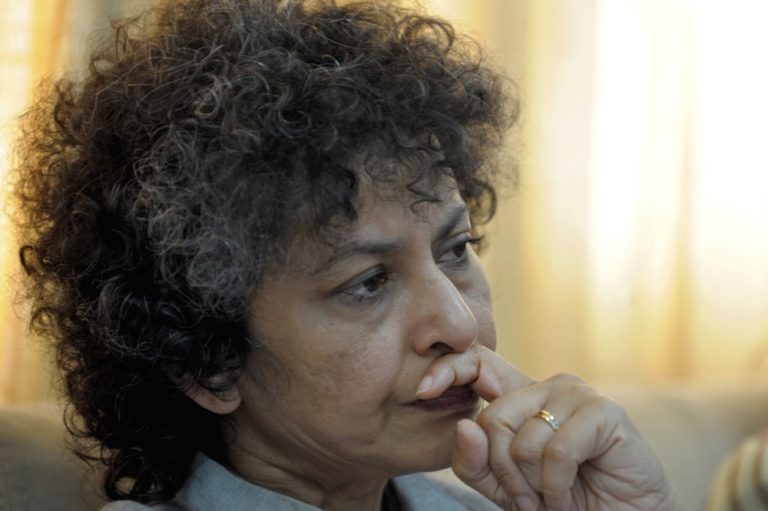
UN: Civil society welcomes Irene Khan as new Special Rapporteur on freedom of expression
The undersigned civil society organisations reiterate our strong support for the mandate, as well as our commitment and readiness to work together to navigate critical issues for freedom of expression and ensure the widest protection to this right for everyone without discrimination.
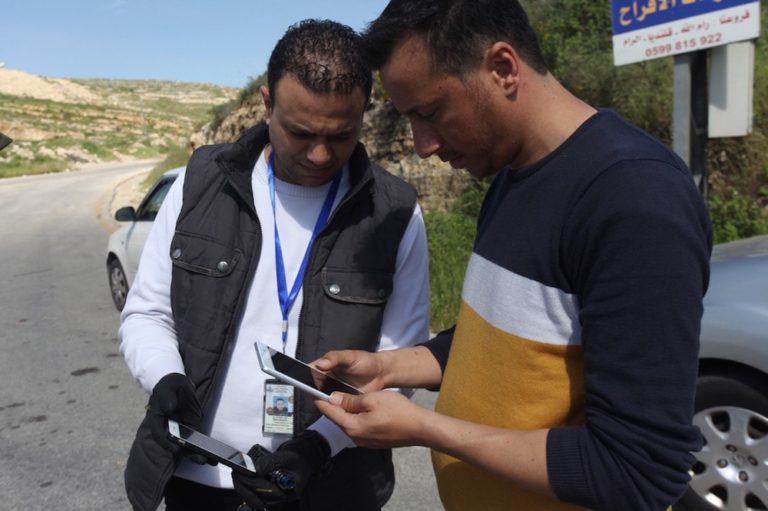
Censored broadcast: Are YouTube’s policies discriminating against Palestinians?
New research from the Arab Center for the Advancement of Social Media – 7amleh – examines how YouTube policies and practices are censoring Palestinians’ digital content and violating their digital rights.
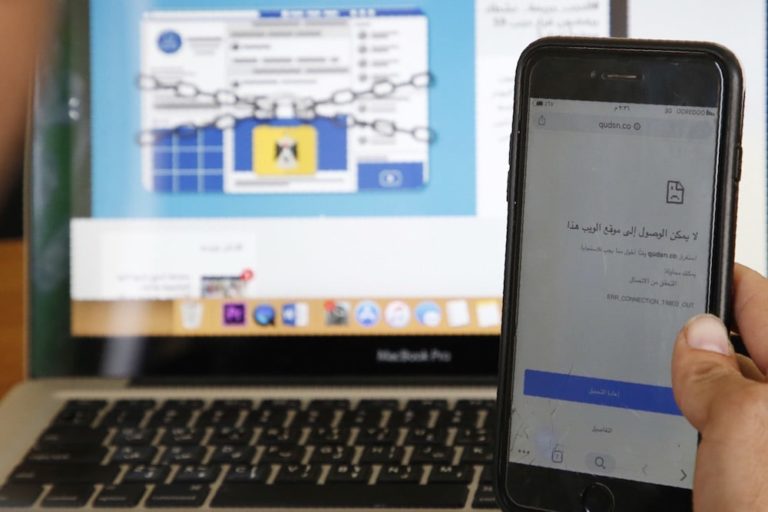
The harrowing state of Palestinian digital rights
From increased surveillance technologies to gender based online violence, a new report from The Arab Center for the Advancement of Social Media – 7amleh – sheds light on how a rise in digital rights violations against Palestinians is impacting their rights to privacy, assembly, and freedom of expression.
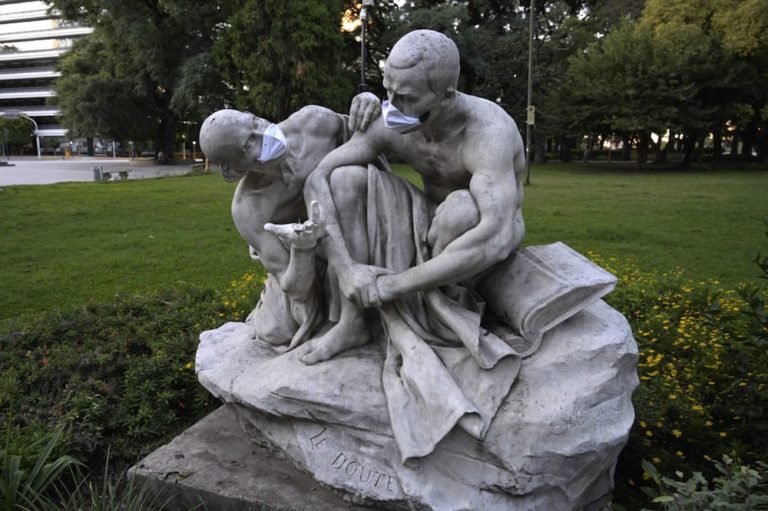
Joint NGO statement on the United Nations’ COVID-19 response
The UN Secretary-General should push for the immediate release of human rights defenders, journalists and indeed anyone arbitrarily deprived of liberty or forcibly disappeared, due to their exercise of human rights including freedom of expression and opinion, association or assembly.

States urged to uphold human rights when using digital surveillance to curb COVID-19
States’ efforts to contain the virus must not be used as a cover to usher in a new era of greatly expanded systems of invasive digital surveillance, a number of civil society organisations have stated.

How Chinese social media platforms control information on COVID-19
New research shows China’s web censors have blocked 516 coronavirus-related keywords.
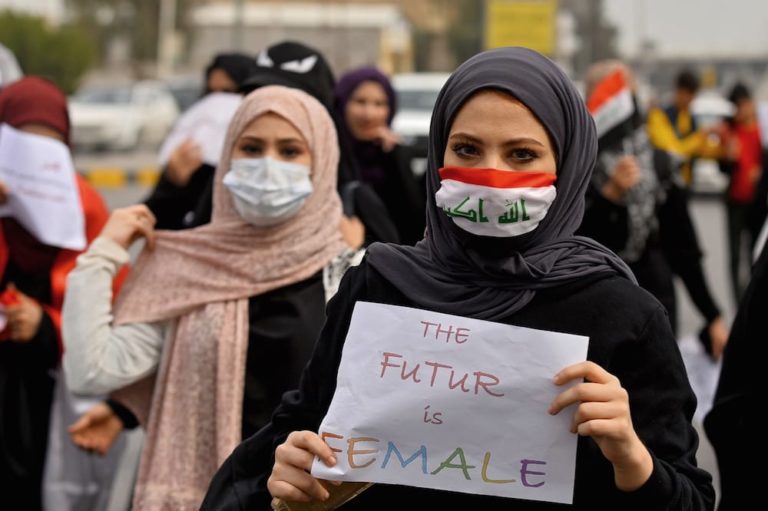
Sextortion, harassment, and deepfakes: How digital weapons are being used to silence women
In his contribution to IFEX’s series marking International Women’s Day, Regional Editor Naseem Tarawnah paints a disturbing picture of the rise in digital attacks and the direct connection between online and offline violence against women in the region.
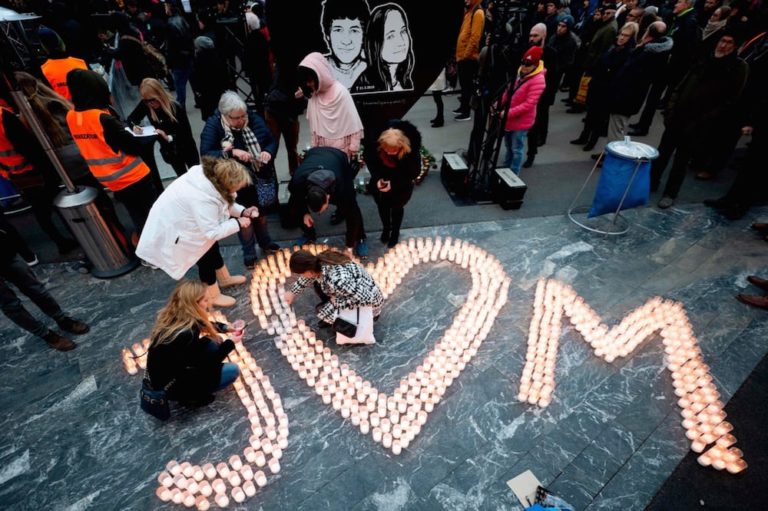
Rapid response mechanism launched to defend media freedom in Europe
Thematic focal points of the mechanism are online harassment, especially against female journalists, legal threats like SLAPP (Strategic Litigation Against Public Participation) lawsuits, and the fight against impunity.
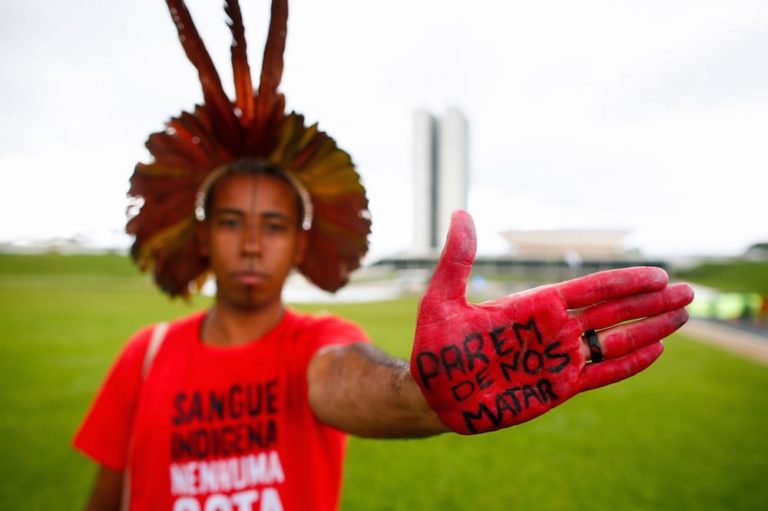
UN chief Guterres should lead by example on human rights
Guterres’ low-key approach to human rights may have been calculated to avoid conflicts with big powers like the United States, Russia, China, and Saudi Arabia. But human rights groups and former senior UN officials have criticised it for being ineffectual.